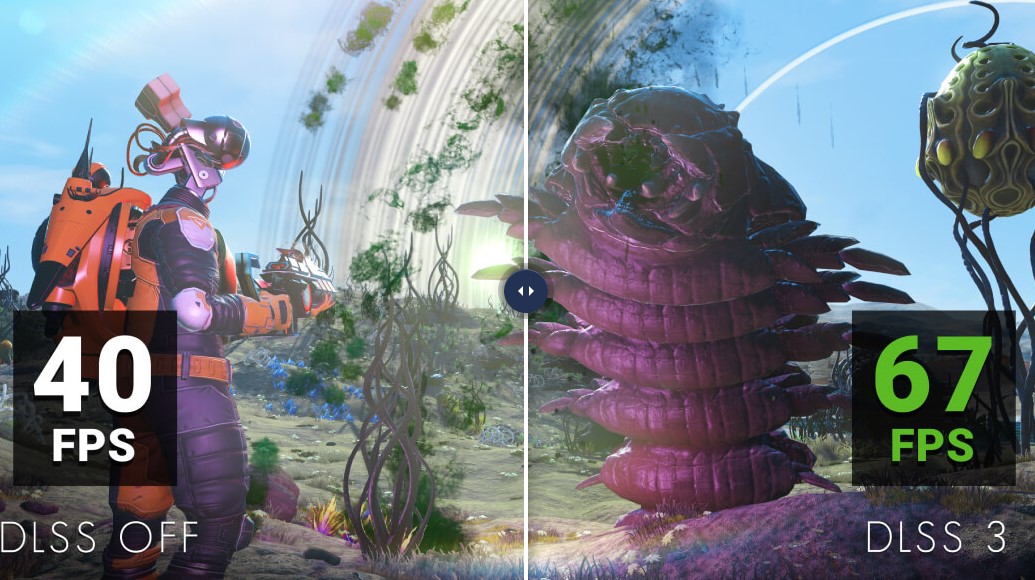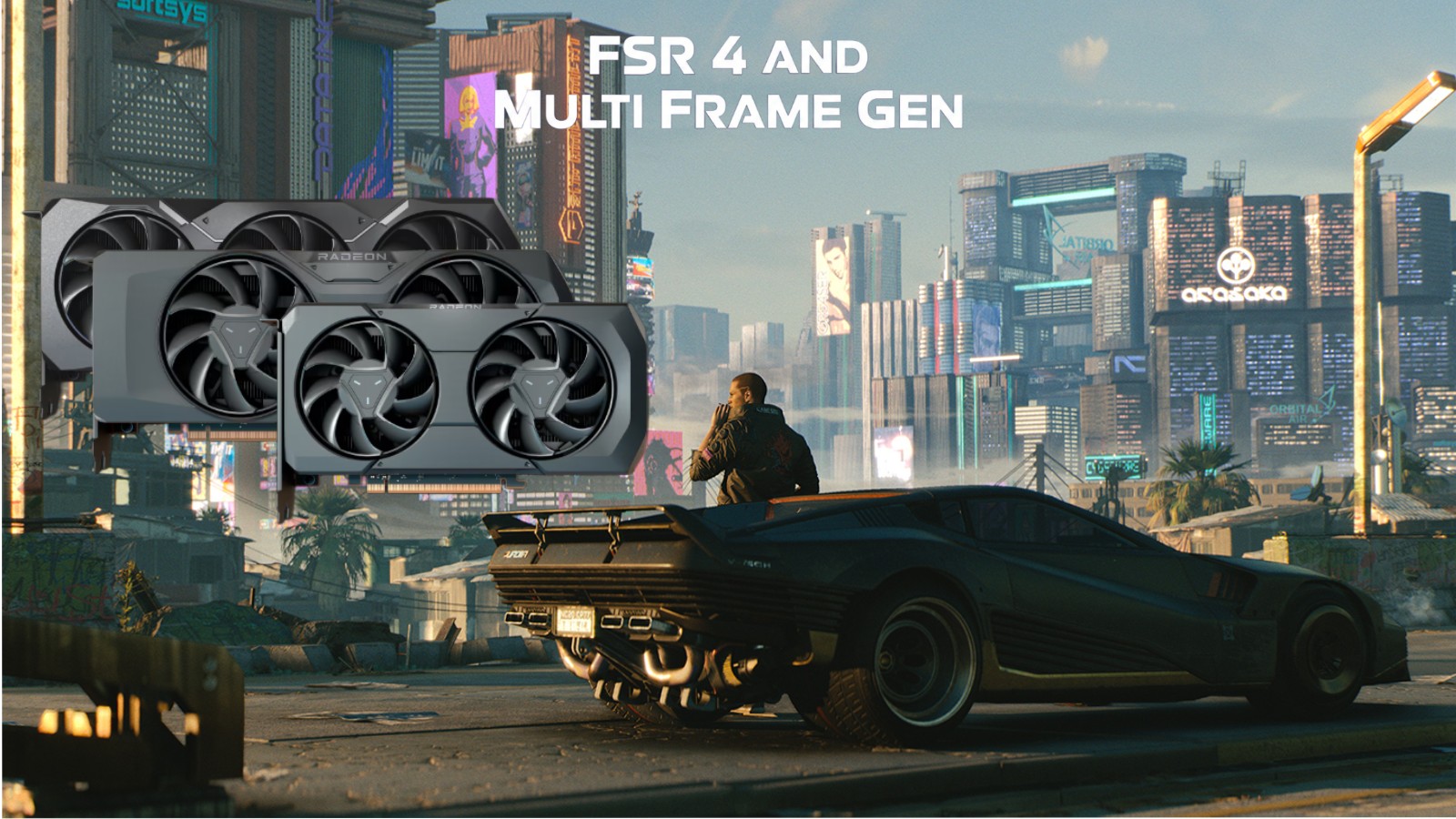- NVIDIA’s DLSS and Frame Generation use AI to upscale images and boost gaming performance.
- AI models save energy and processing time by creating pixels efficiently.
- Gamers worry AI upscaling might become essential for stable game performance.
Methods for upscaling, such as Nvidia’s DLSS, can improve the quality of images with lower resolutions and increase frame rates. But gamers worry that using this technology will eventually become necessary to get stable performance.
Why it matters: While AI’s role in games has advantages, it raises concerns about future games that would entirely rely on upscaling technology for a more stable gaming experience.
NVIDIA CEO Jensen Huang was questioned about the applications of artificial intelligence at the recent Goldman Sachs Communacopia and Technology Conference. In response, he said that artificial intelligence has become indispensable to computer graphics.

Modern PC games heavily rely on NVIDIA Deep Learning Super Sampling, an AI-powered upscale that improves performance by creating new pixels that meet a specified resolution and frame rate. With the release of the GeForce RTX 40 Series, NVIDIA expanded this to include Frame Generation, where AI creates complete frames.
AI is quick and energy-efficient when it comes to creating new pixels, according to Jensen. An AI model’s training is just one step in the process; using it in a DLSS-like application is the end aim. Because of this, using the model results in significant energy, time, and processing time savings.
Given that Nvidia’s DLSS upscaling technology is among the most well-known AI-based upscaling in gaming, it should come as no surprise that the company is working toward this future. In order to restore details and generate crisper, more organized output, the AI model is trained on high-quality photos.
Some gamers, however, are concerned about this development because they think technology may eventually become necessary for future games. These worries are not without merit, but whether we like it or not, AI-based upscaling appears certain to become a major trend in computer graphics.
Thank you! Please share your positive feedback. 🔋
How could we improve this post? Please Help us. 😔
[News Reporter]
Malik Usman is student of Computer Science focused on using his knowledge to produce detailed and informative articles covering the latest findings from the tech industry. His expertise allows him to cover subjects like processors, graphics cards, and more. In addition to the latest hardware, Malik can be found writing about the gaming industry from time to time. He is fond of games like God of War, and his work has been mentioned on websites like Whatculture, VG247, IGN, and Eurogamer.




